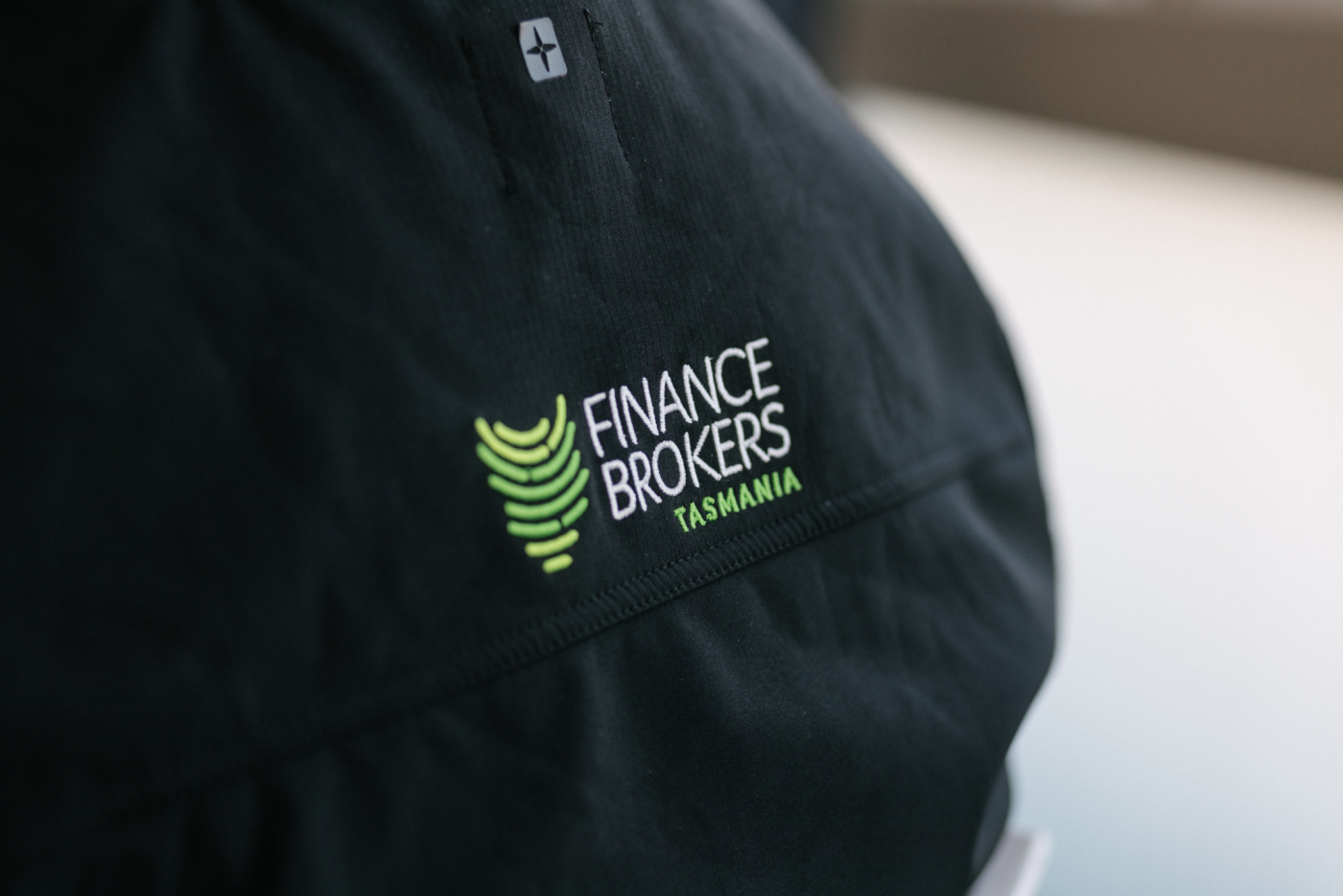In 2019, Australian’s lost over $142 million to scammers from all around the world. We want to help reduce that number by keeping you informed and up to date to avoid falling victim to scammers.
Given current circumstances, there are a lot of scams emerging around the COVID-19 pandemic. As well as this, there are some ongoing scams that have been targeting consumers for years. We’ve done the research for you and have highlighted a few of the most prominent scams to look out for, as well as some tips to ensure you can stay safe online.
Westpac Online email (or texts)
There are emails circulating purporting to be from Westpac which ask customers for their CRN, BSB, account number and name, promising a repayment holiday. Westpac will never contact you via email for this given circumstance, but if you’re unsure always contact them directly.
ATO Refund texts/emails
You may receive either a text or an email claiming to be from the ATO, MyGov or Centrelink talking about tax refunds or your Job Seeker payments. They will all ask you to click a link, download a file and fill out your personal information to receive your money. Do not click the link, this is a spam text or email.
We posted last week on our Facebook about this one. Head to our page to see the images!
COVID-19 update texts
There is a text circulating at the moment that states that it is from the Government with COVID-19 updates. Often, the text will even have the contact as GOV. The message says that it’s regarding safety in your area and prompts readers to click the link to find out more. Don’t clink the link – this is a scam!
Superannuation scam
Scammers are contacting people via email or phone stating they can help you access your superannuation money, offering to investigate if you’re eligible for various benefits or ensure you’re not locked out of your account due to ‘new rules.’ Be vigilant and always contact your provider directly if you have any questions!
Netflix
There is an email scam circulating from an email address similar to the official Netflix address saying “sorry to see you go”. It states that your account hasn’t been paid and you need to click the link to add payment details. This is a scam!
How do I know if it’s a scam or not?
This is just a small number t of the scams happening Australia wide at the moment. The main takeaway is to always check before opening links, giving personal information or allowing anyone remote access to your computer. Scammers often use scare tactics, blackmail and abuse, these intimidation tactics can cause you to act in fright and not think clearly.
If in doubt, always ask a loved one or head to www.cyber.gov.au or www.scamwatch.gov.au to check (especially before clicking on any links). Calling your bank or the distributor will help confirm if the contact is legitimate. Even just doing a quick Google search to see if anyone else has reported the suspicious contact as a potential scam.
For more updates on the latest scams circulating, keep up to date with our social accounts.





